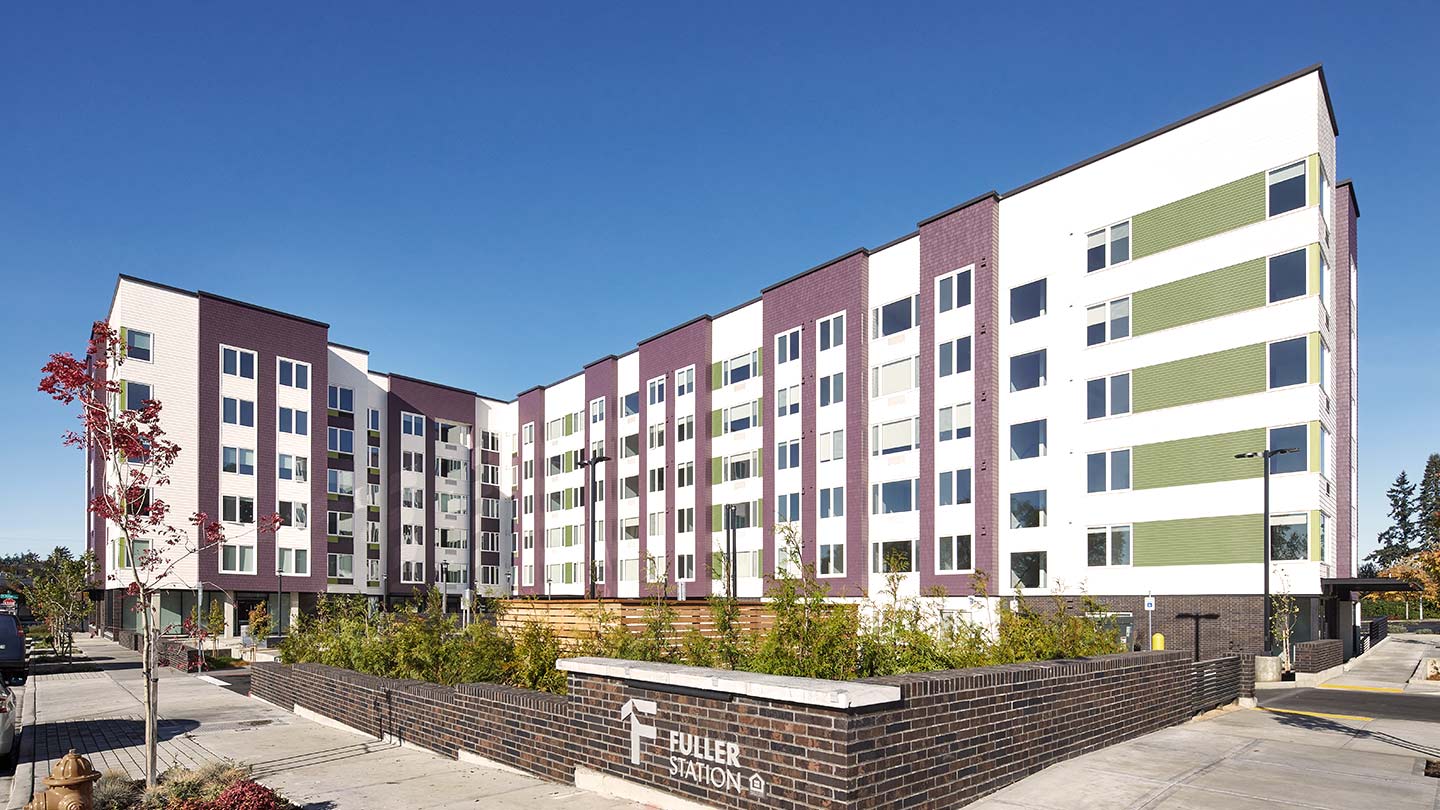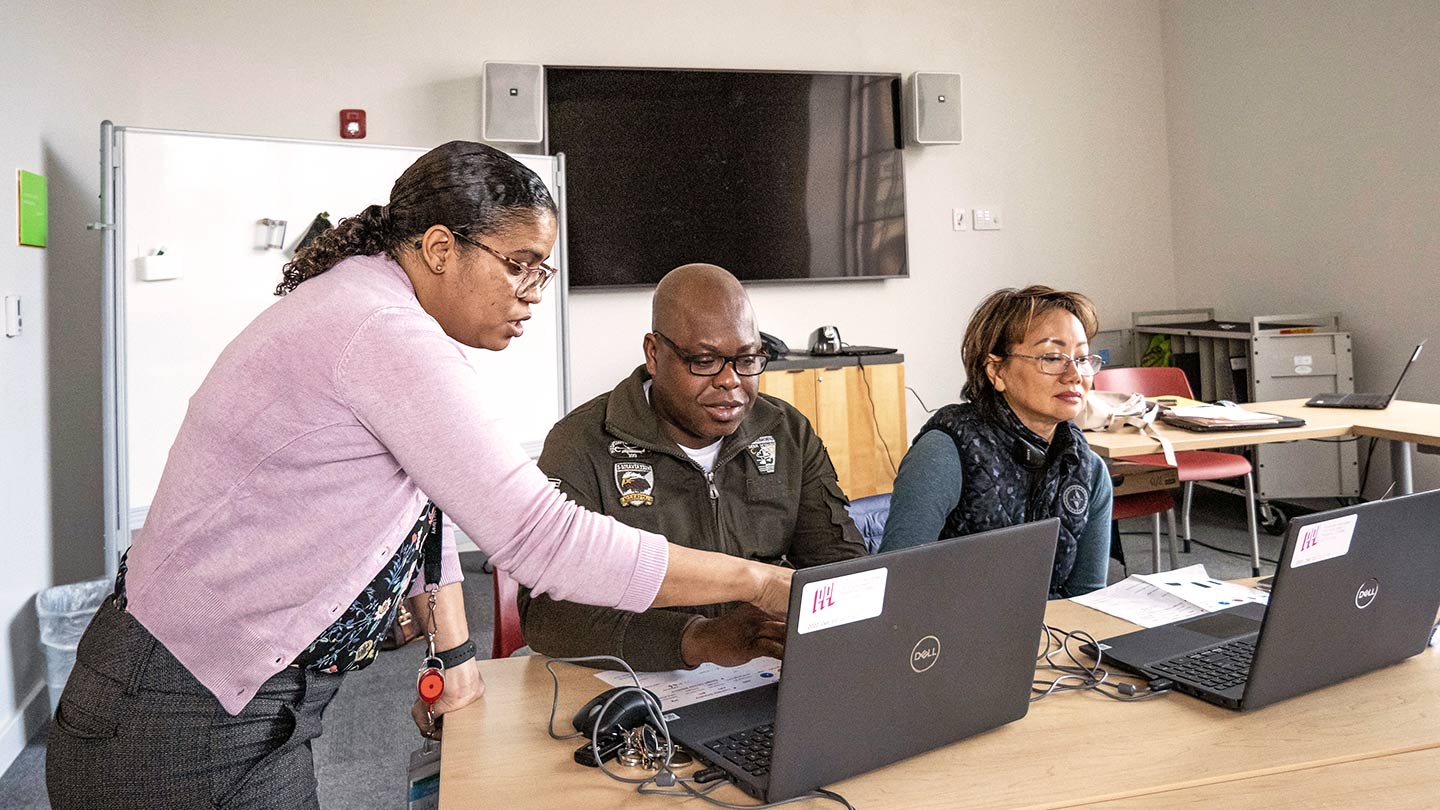
Buying a multifamily property can be overwhelming. There are local price trends, zoning rules and vacancy rates to consider—not to mention financing and renovation costs.
But doing your research is a vital first step. “It’s important to get a comprehensive look at the property and consider all potential scenarios prior to purchasing a building,” said Kaj Lea, Head of the Pacific Northwest and Central Region, Commercial Term Lending.
To help you narrow down what to look for in a multifamily investment property, begin with three areas:
- The building itself, including the number of units, amenities, overall quality and purchase history
- Location, including the neighborhood, proximity to transportation and any environmental concerns
- Finances, including renovation and repair costs and the property’s capitalization rate
1. Building details
Start with the basics: square footage, size and number of units. It’s also important to keep in mind the scope and capabilities of your operation. But in general, the more units, the more potential sources of income. Other factors to consider include:
- Condition: Aside from the obvious—such as visible mold and fire and water damage—look at window quality, insulation, piping and wiring, which may increase your utility bills depending on their efficiency. The building may also require immediate repairs, which you should factor into the purchase price.
- Property class: Are you looking at a luxury apartment building or workforce housing? And do you want to keep the property in its current condition? For example, a property with older appliances is great for workforce housing, but if you want the multifamily property to become a luxury one, you’ll need to make upgrades.
- Amenities: Amenities may also be tied to the property class and location. “For example, suburban apartment complexes are usually expected to have more amenities, while well-located urban properties can often do well with minimal offerings,” Lea said. Generally, the more amenities the better, whether you’re offering smart-home thermostats and lighting, a digital rent payment platform or services such as an on-site gym.
- Sales history: When you review the property’s history, you should look at more than the property’s sale price. If the property repeatedly changed hands every two to three years, for example, that’s a red flag to keep in mind.
2. Location
A building’s location is just as important as the physical property. “As an investor you’re looking for asset appreciation and income growth with the least possible risk,” Lea said. “Property location has always been a primary focus in real estate investment as this plays a significant role on the expected return.” Several factors can help you get a better picture of the property location and surrounding area, including:
- Walkability ratings
- Crime rate
- School district ratings
- The condition of nearby homes and buildings
- Local price trends
- Vacancy rates
- Future projects planned for the area
When looking at a building’s location, you’ll also want to consider its proximity to points of interest, local policies and regulations, and environmental concerns.
- Proximity to points of interest: Future residents want to live near public transportation and highways, grocery stores and restaurants, and often their workplaces. As you scale your business, you may also want to consider the building’s location in relation to your other multifamily properties to help create economies of scale for maintenance and management.
- Environmental concerns: “In certain markets, buyers must be aware of environmental factors—such as earthquake and flood risk—and the impact they may have on the individual property,” Lea said. Conduct a thorough physical and environmental assessment to make sure you aren’t overlooking potential costs. For example, areas at increased risk of natural disasters may require additional insurance.
- Local policies and regulations: Local regulations can vary widely. Be sure to look at real estate taxes, zoning, rent control, insurance requirements and upcoming legislation that may impact your purchase and expected returns. For example, you may not want to buy a multifamily property and add high-end cabinetry and quartz countertops if the building is subject to strict rent control requirements.
3. Financial considerations
Make sure the property’s characteristics fit with your goals and experience. Specifically, look at your:
- Property acquisition and exit plan: Whether it’s a buy-and-hold strategy or rehab, your plan for property acquisition will influence your debt and equity structure and purchase price. “Make sure you understand the historical actuals on the expense structure, not just what the broker estimates they could be,” Lea said. “Each building is a little different based on its physical features and mechanical systems.”
- Repair and renovation costs: The general rule of thumb is to set aside 1% of your property’s value for maintenance. But that doesn’t mean you won’t have costs upfront, whether that’s standard maintenance or extensive upgrades. Even if you aren’t renovating a property and the building is in good condition, there can be additional costs involved, such as updates to comply with new building codes.
- Cap rate: Calculated by dividing a property’s net operating income by its asset value, the cap rate asses the yield of a property over one year. The higher the cap rate, the greater your risk and return—and the greater impact on your bottom line. You don’t want to overleverage yourself. “Appropriate leverage on a property loan can go a long way to mitigating cash flow problems, especially during an economically challenging environment,” Lea said.
We’re here to help
JPMorgan Chase’s Commercial Term Lending team can draw on extensive experience and market knowledge to help you grow your multifamily portfolio with the right financial solutions.
JPMorgan Chase Bank, N.A. Member FDIC. Visit jpmorgan.com/cb-disclaimer for disclosures and disclaimers related to this content.







